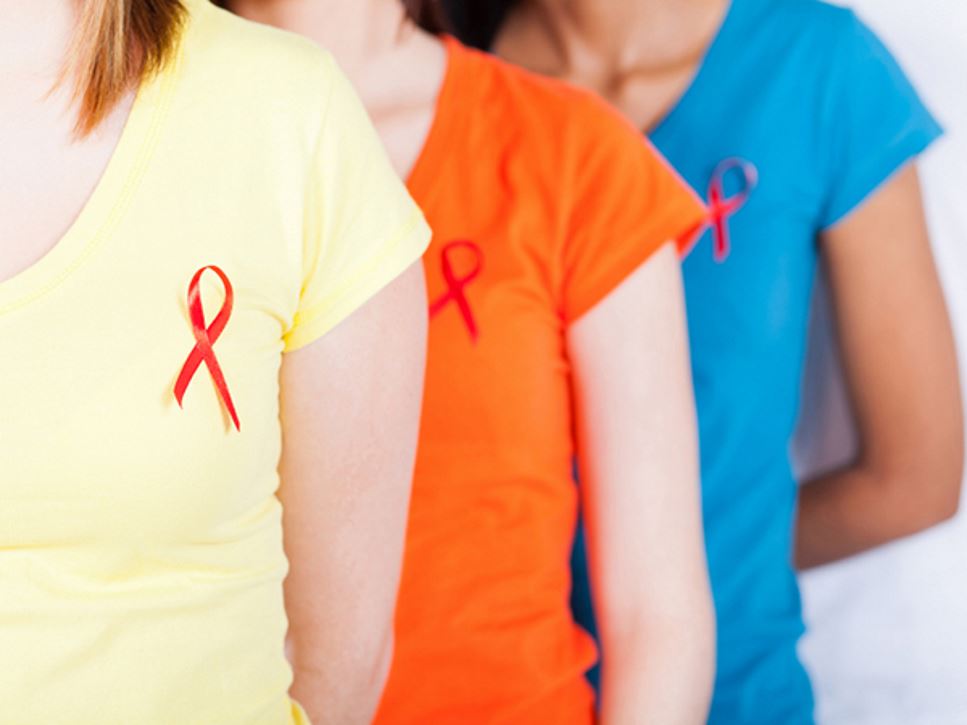The inflammatory nature of HIV and AIDS puts those who have it at greater risk for infection, kidney failure and certain types of cancer. In addition to the damaging effects of the virus, side effects of some treatments can predispose those with HIV to conditions such as metabolic syndrome.
Nutrition is a valuable tool for people with HIV. Whether you have just been diagnosed, show no signs of illness or are in a more challenging stage of HIV, knowing what and how to eat can help keep your body and immune system strong.
Healthful Eating Can Help...
- Minimize symptoms associated with HIV.
- Lessen the side effects of medications.
- Increase your quality of life.
- Improve your resistance to other infections and complications.
Eating Healthfully When the Virus Is Under Control
Individual needs should be taken into consideration for those with HIV and AIDS. However, the following tips may be a good place to start.
- Consume adequate calories throughout the day to maintain a healthy weight. Those with HIV/AIDS may need to adjust their calorie and protein needs depending on how they respond to treatment. Some individuals may need more calories and protein compared to those who do not have this condition.
- Add protein to every meal. Protein is important because it is needed to make, repair and maintain cells in the body. It also plays a role in the immune system. Protein sources include lean meats, poultry, fish, low-fat dairy foods, eggs, beans and lentils.
- Include a variety of vitamin and mineral rich foods. Fruits, vegetables, whole grains, low-fat dairy and lean protein choices contain vitamins and minerals that help the body function. Zinc and vitamin C are used by the immune system and iron and vitamin B12 are essential for healthy blood cells. Including a variety of nutrient-rich foods helps meet these needs.
- Discuss dietary and herbal supplements with your health care team. Ask about new supplements before starting them as some can interact with medications.
- Be vigilant about food safety. Those with HIV/AIDS are more vulnerable to food poisoning because HIV weakens the immune system. Practicing food safety helps decrease your risk of getting sick. Avoid eating raw or undercooked meat, fish and eggs; only consume pasteurized milk or cheese; wash fruits and vegetables and remember to use separate knives and cutting boards for raw meats and produce.
When Eating Is a Challenge
Diarrhea, nausea, vomiting, sore mouth and taste changes are all common issues that can develop with HIV and may make eating difficult.
The best therapy for these hurdles is to meet with a registered dietitian nutritionist (RDN). A registered dietitian nutritionist may already be on your health care team, but if not, ask your doctor to refer you to one who is familiar with HIV/AIDS. An RDN can help you develop the right nutrition plan to get you through difficult periods.
References
Find a Nutrition Expert
Looking for credible nutrition information and recommendations? The Academy of Nutrition and Dietetics' network of credentialed food and nutrition practitioners are ready to help!

